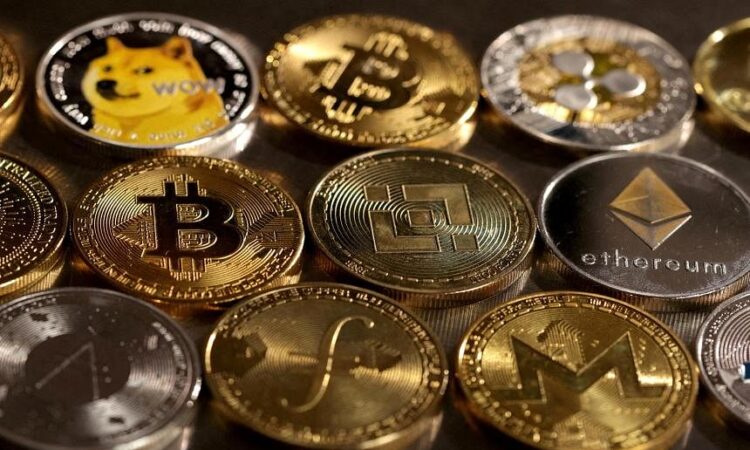
I’m not here to tell you not to try under any circumstances, though. Quite the contrary.
Consider the journey that Aadi Gujral has been on. Aadi, the 17-year-old founder of the Foundation for Financial Literacy, found his way to crypto during the early days of the Covid-19 pandemic. He bought bitcoin and then jumped aboard the hype train, dabbling in other currencies and mining coins, too.
“There were times when this was incredibly profitable and times when I was regretting every choice,” Aadi said. “With the volatility, my money would have probably been safer and better invested in a stock index fund.”
But would he have learnt more in a boring basket of the 500 largest US stocks? Got a better sense of his own tolerance for risk? Become a better teacher to others his age? No, no, and no.
Ms Espinal, who instructs educators on how to teach about crypto and is the author of Mind Your Money, does worry about teenagers who put all of their savings into crypto and lose everything.
“They could walk away with a bad taste in their mouth and keep their money in savings accounts because they don’t want that feeling again,” she said. “That can turn them away from investing, which is such a huge opportunity for wealth building, especially for people of colour.”
Ms Espinal is right to worry, and many young adults who watched their parents’ retirement balances suffer deep losses in the wake of the 2008 economic meltdown were scared away from stocks for years. Avoiding them turned out to be the wrong choice during what became a roaring bull market.
For now, however, few crypto owners are suffering. Just 3 per cent of them say their activity has hurt their finances a lot, according to the Pew research.
That could change, suddenly and without warning. All that means, however, is you shouldn’t put more money into crypto than you can afford to lose.
To Dr Bernstein, whose oldest grandchild is 10 years old and will soon be ready to absorb his wisdom, a crypto enthusiast’s biggest mistake would be to think of owning it as actual investing. Investments, he said, either have earnings (like a company, whose stock you own) or create income (when the company pays a dividend on its stock). Crypto does neither, unless you sell it for a gain.
You might think of your months or years of crypto ownership as you would your hours at the theatre or a concert, and spend only as much as you think the enlightenment or pleasure you’ll receive is worth.
But don’t dismiss people like Dr Bernstein out of hand. “That’s the thing about being an old fogey,” he said. “Older people don’t put money into crypto as much as younger people not because they’re not with it, but because they’ve seen this movie before, and they know how it usually ends.” NYTIMES






